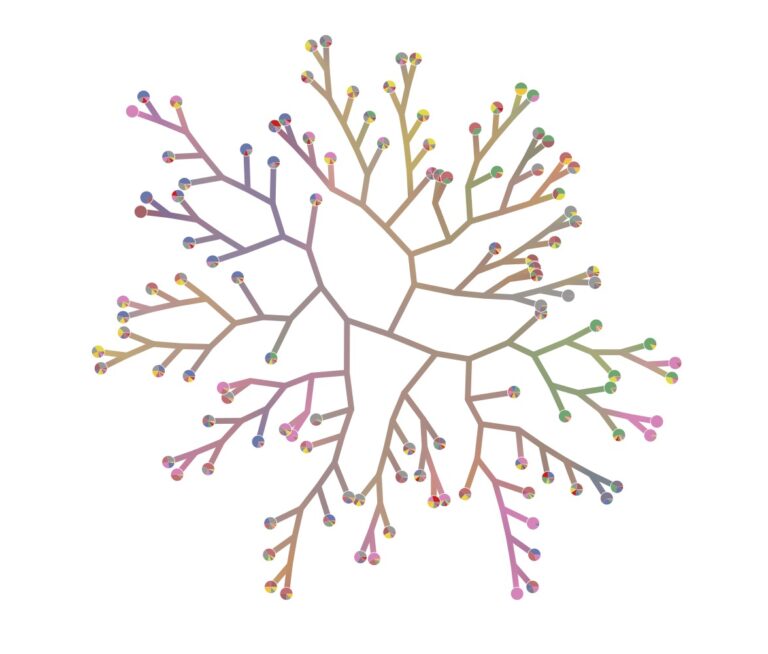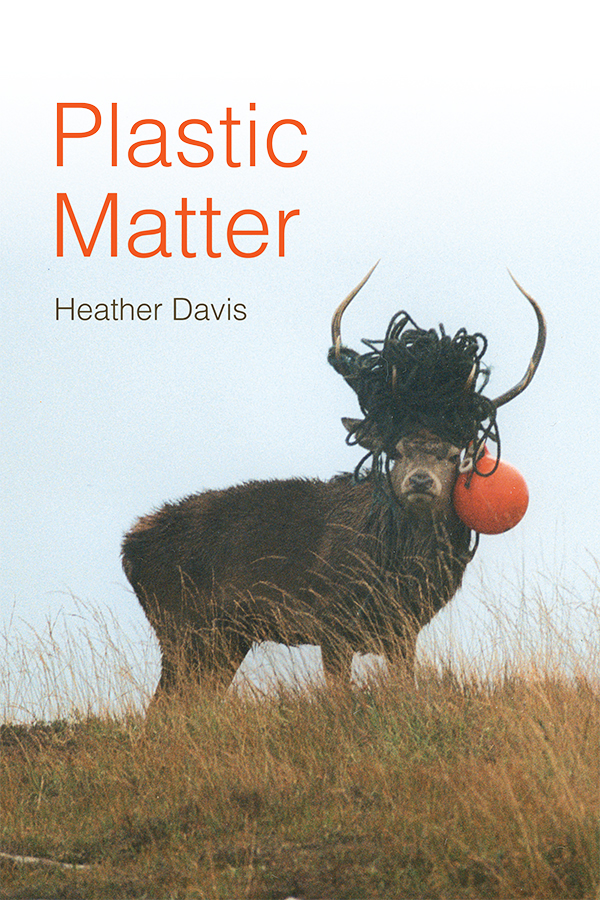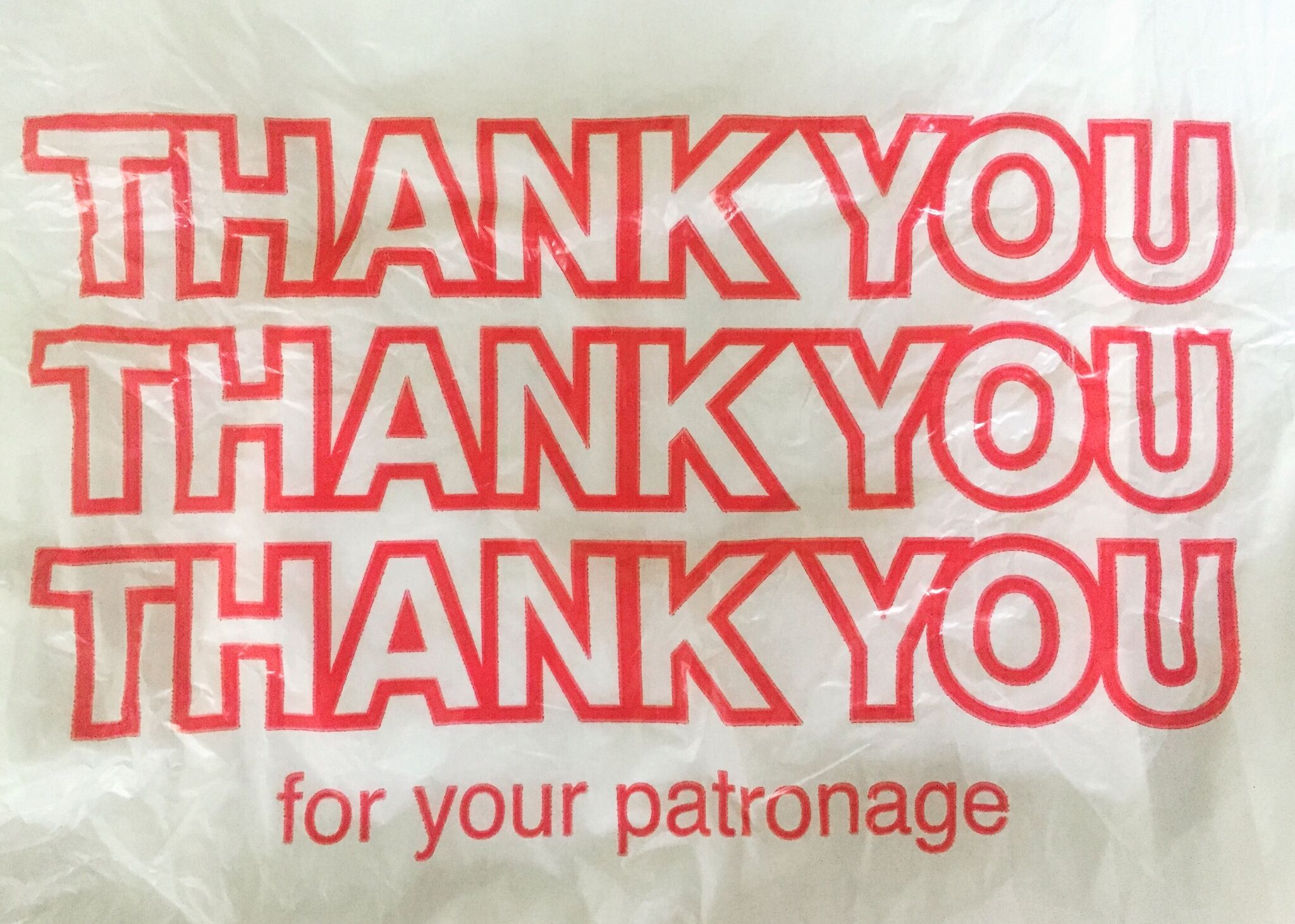This paper brings into conversation two ontologies that depart from the anthropocentric norm: new materialism, represented here by the US vitalist philosopher Jane Bennett, and the animated cosmology common among Indigenous peoples, as an example of which I take Braiding Sweetgrass by the Potawatomi bryologist Robin Wall Kimmerer. I provide exegeses of both philosophies, with respect in particular to the notion of “animation,” noting that the animated sphere is much more extensive for Bennett than for Kimmerer. I then track Bennett’s shift away from environmental ethics. Finally, I relate differences in philosophy to differences with regard to race and racism, with a detailed discussion of Bennett’s tribute to Walt Whitman, and the genocidal elements within his democratic politics.
Keyword: new materialism
Enlightenment by Any Other Name
This essay provides a cursory sketch of the circulation of science as a fetish object in critical theory—particularly by way of an attention to the conceptual popularity of science studies and various permutations of object oriented ontologies. It does so to identify how and under what terms scientific knowledge becomes a necessary site of interdisciplinary collaboration with the humanities, and challenges how these interdisciplinary trafficks disguise forms of epistemic priority ceded to the (hard) scientific method. Identifying in this movement a disavowal of racism in science’s conceptual repertoire and its ongoing claims to objective facticity, the essay criticizes contemporary recourse to science as the newest frontier in critical theoretical scholarship. In contrast to this, the essay poses a much more skeptical approach to the ethics and methods by which such projects develop and critically circulate.
Review of Plastic Matter by Heather Davis (Duke University Press)
Heather Davis’s Plastic Matter sheds light on the implications of plastic’s synthetic universality, inviting readers to reflect critically on their relationship with plastic material and also with matter more generally. She outlines concepts such as plasticity and globalized unlocality, arguing that plastic’s ability to take on various forms contribute to ecological disruptions, biological harms, and social inequalities. Davis highlights how plastic is an everyday, ubiquitous material whose harms are unevenly displaced with regards to race, sex, and class; for example, as waste that is continually dumped on the global South. She further details how the systems designed to handle plastic’s excesses cannot contain it, leading it to swell out and impact more communities, human and beyond. The book critiques dominant narratives of plastic as an ideal of Enlightenment progress, while emphasizing the complexity of plastic and the ambiguity of its role and our relations with it. But Davis also argues that thinking with plastic invites queer relationships with new kin. Davis thus encourages readers to think beyond plastic’s simple ubiquity and to challenge the apparent plasticity of matter.
Exploring the Promise of New Materialisms
Response to Kyla Wazana Tompkins, “On the Limits and Promise of New Materialist Philosophy,” published in Lateral 5.1. Shomura mediates upon the promise and possibilities that new materialisms affords in its attentiveness to the material.
Rematerializations of Race
Response to Kyla Wazana Tompkins, “On the Limits and Promise of New Materialist Philosophy,” published in Lateral 5.1. Huang reassesses the methodological implications of new materialisms by grappling with renewed attention to form in literary studies to articulate the varying processes by which racial difference becomes elided, rematerialized, and remade.
Response to Michelle N. Huang and Chad Shomura
I am very grateful to Michelle N. Huang and Chad Shomura for their extensive engagement with my short and rather off-the-cuff thoughts on the limits and possibilities of new materialism. Their detailed and thoughtful responses extend and flesh out the work that I started to do in my original essay, taking my bullet-pointed aggravation with…
On the Limits and Promise of New Materialist Philosophy
Kyla Wazana Tompkins questions the structures informing claims of newness posed by discussions of “New Materialism.” She discusses the troubling ways in which these discourses, in turning toward the post- or non-human, can ironically reinforce assumptions about a universal human subject and elide considerations of gender, race, and power.





